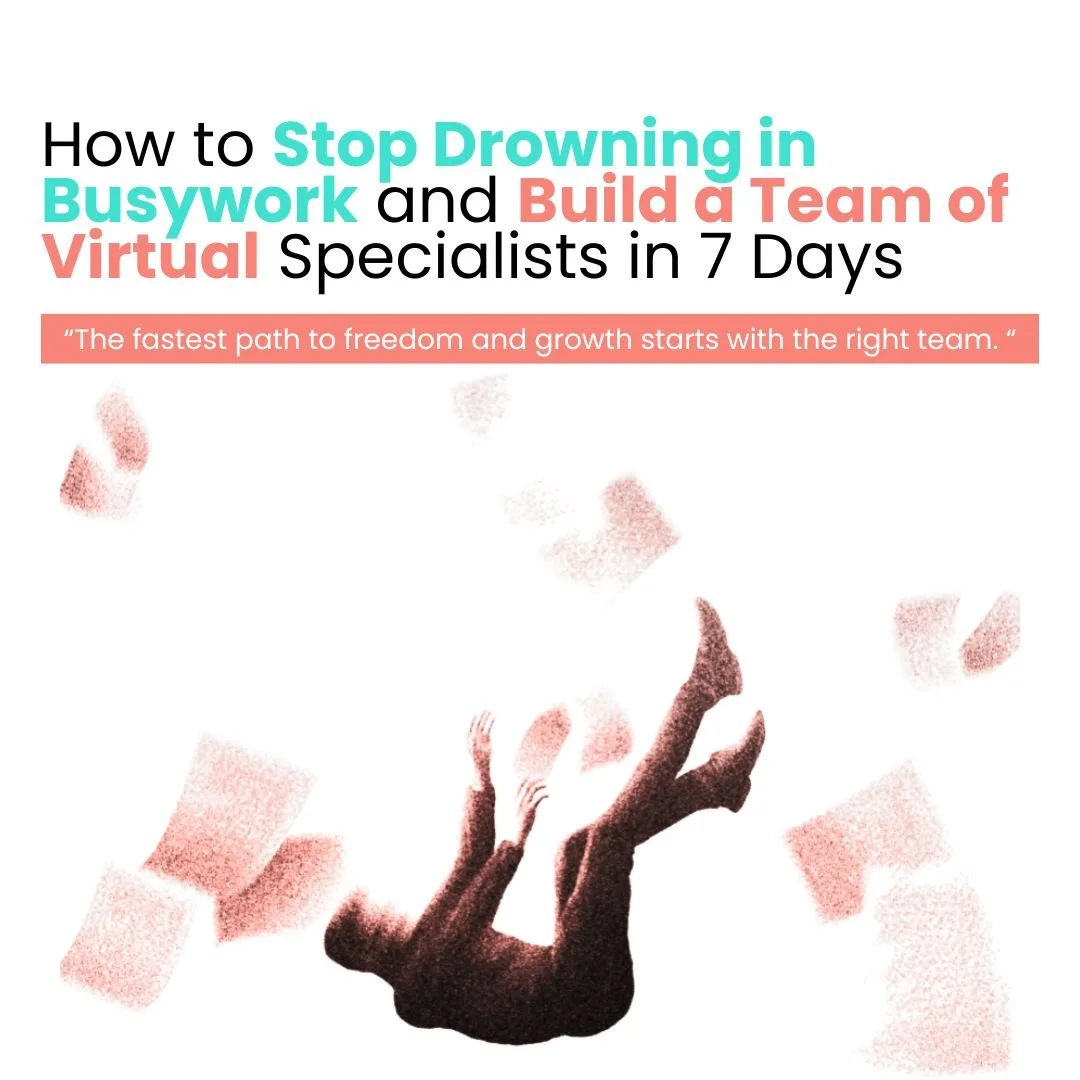The Truth About Unethical Business Practices and How to Prevent Them
Unethical business practices involve actions that violate accepted standards of integrity, harming employees, customers, and society, and can be prevented through transparency, clear policies, and ethical leadership.
In the pursuit of growth, profitability, and competitive advantage, businesses often face difficult decisions that test their values and integrity. While many organizations choose to navigate these challenges through ethical leadership and responsible practices, others take shortcuts that compromise trust, fairness, and accountability. These choices may deliver short-term gains, but they often come at a significant cost to employees, customers, investors, and society as a whole.
Unethical business practices can exist in any industry and at any scale, from misleading marketing claims and data misuse to employee exploitation and environmental harm. What makes these practices especially dangerous is that they are not always immediately visible. In many cases, they are embedded in everyday operations, normalized by workplace culture, or hidden behind complex agreements and processes, allowing them to persist unchecked.
In this blog, we uncover the truth about unethical business practices by examining what they are, the most common forms they take, the consequences they create, and, most importantly—the practical steps businesses can take to prevent them and build a culture rooted in transparency, responsibility, and long-term success.
DELEGATION ISN’T JUST A TASK—IT’S A STRATEGY.
Learn how to delegate with clarity and purpose so your team thrives and your business grows.
What Are Unethical Business Practices?
Maintaining a successful business is a daily challeng e, even with the most committed employees and the best business ideas. Large and small companies feel the pressure to be successful. Some decide to work harder in these struggles, while others seek the easy way by turning to unethical business practices. Actions and behaviors that are below the set minimum standards of the set codes of conduct can be regarded as unethical business practices. Such include widely accepted morally wrong behavior and results in the mistreatment of people in the line of business.
Businesses that engage in unethical practices target consumers hoping they fail to recognize they are being tricked. Such companies rely on the fact that they can make numerous sales without being recognized for their deception. National Business Ethics Survey revealed that 41 percent of employees reported misconduct in their work environment. Many of these incidents go undocumented, making it hard to resolve them and take necessary actions against the parties involved.
The unethical business practices definition encompasses anything that falls below minimum standards for the business code of conduct. This includes any behaviors widely accepted as being morally wrong and leading to mistreating people, animals, or the environment.
Related Article: Game-changing Habits of Successful Business Owners
Top 9 Common Unethical Business Practices
1. Misleading Consumers With False Claims
False advertising is the most prevalent unethical practice. Businesses use many tricks to improve sales, from inconsistent comparison to price-based deception. They pay influencers for endorsements and fake reviews.
Many companies inflate the claims while marketing, exaggerate the desirable features, and hide the side effects. Furthermore, some even portray harmful products as healthy to make them more saleable. They trick consumers by making statements without accurate scientific evidence. These unethical practices continue until the consumers become aware of them.
2. Using Customer Data Inappropriately
All businesses store customer data in one way or the other. They collect it to understand customers’ preferences, personalize the experience, and have relevant communications. The data is also used to optimize and maximize the results of marketing campaigns.
What many companies don’t disclose is if the data is shared with third-party services. Even if they mention it in their agreement, the usage rights are often vague. It leads to data misuse, which often surfaces when it goes out of hand. Such use of information in a way it wasn’t intended falls under unethical behaviors. It can lead to costly lawsuits and potential loss of reputation.
Related Article: The 10 Campaign Strategy Mistakes You Should Stop Doing
3. Manipulating Financial Statements
Manipulating financial statements to show improved financial performance is another popular tactic in the business world. It makes a business seem more profitable while hurting the investors and end consumers.
Recording false transactions, overvaluing inventory, and understating liabilities are many ways businesses manipulate their financial records. By cooking their books and tweaking the reports, they trick everyone to their advantage. And in most cases, auditors may not detect the manipulation unless they go deep. Therefore, companies continue without hassle.
4. Bending Terms In User Agreements
Most users don’t go through the pages-long fine print in the agreements. Thus, businesses slip into undesirable and complex conditions, which they can tap later to their advantage. Such acts lead to mass mistrust when they come to the surface.
They outline vague and dubious agreements to exploit users. Many businesses practice such questionable ethics with their investors too. They find gaps and swindle investors and their customers while being in the legal grey area. The documents are so complex that when investors give the benefit of the doubt, the investment returns disappear.
5. Bribing To Get A Favorable Deal
Bribery and corruption are common in many business dealings. They offer bribes in different forms like gifts, political support, and sponsorships. It isn’t limited to only money.
They do it to get favorable deals, an upper hand over competitors, or insider information they can use to their benefit. A little pampering speeds up the complicated administrative procedure and pleases the decision-makers involved. Also, some companies bribe to bypass the rules and regulations. Due to such practices, the consumers have to suffer in many cases.
6. Creating Unfair Competition
Businesses also occasionally get into creating unfair advantages over their competitors. They attack competitors without relevant facts to back them up in most cases.
Spreading lies on social media, defaming for all the wrong reasons, and infringing on trademarks fall under these practices. They try to create a false impression of their competitors in the mind of the consumers. Now, it’s not wrong to use competitors’ names in promoting themselves. It’s also not right to make unjust claims about them and their practices.
7. Poor Working Conditions
Low-wage workers are often subject to long hours and may be refused overtime with the threat of being fired if they don’t comply. During the pandemic, the number of employees forced to work in unsafe conditions has also risen. For instance, workers may lack personal protective equipment or be unable to maintain social distancing.
The situation is even worse for undocumented workers, as well as immigrants with work visas who are worried they will lose their permits if they complain. Unethical companies may also take advantage of the more lax regulations in developing countries and outsource manufacturing jobs or other work to benefit from cheap labor.
8. Exploiting Employee Skills
Mistreating employees is a familiar scene in many companies. Sometimes, employees have to work long hours without getting paid for the overtime. In other situations, they need to handle multiple tasks outside the scope of their job.
Employing low-wage workers and hiring sweatshops for bulk work are also common. Such exploitation is widespread. Big or small, public or private, you’ll find such unethical behaviors in all organizations. And when such practices are unearthed, people begin boycotting their products and services.
9. Causing Harm To The Environment
Businesses causing harm to the environment are probably the most talked-about unethical business behavior.
Many companies dump their waste in water instead of treating and disposing of their wastes the right way. Some also release chemical pollutants into the air without proper filtering.
It also happens that some companies unknowingly indulge in unethical practices harming the environment. They adhere to the norms set by the government but try to skip the expenses associated with a suitable setup.
Consequences of Unethical Business Practices
1. Legal Issues
In severe cases of unethical misconduct, it can lead to severe legal issues that result in loss of time, large fines, and other penalties with possible jail time. The cost of legal battles can go on for months to years and can lead into the millions of dollars depending on the corporation’s particular situation and level of unethical behavior. In addition to this, executives who break the law can lead employees to also follow in pursuit in facing criminal charges.
2. Loss of Public Credibility
When unethical behavior occurs in a business setting, there’s a high chance it will be publicized. This in turn can cause your company to lose its credibility, resulting in customers abandoning sales with you, bad-mouthing your business, and not holding respect for you anymore. To gain credibility back a corporation needs to create a well-planned rebranding and marketing campaign, along with hiring a public relations team to help improve their reputation. This can lead to millions of dollars in costs, especially if you’re a well know and worldwide organization.
3. Loss of Respect
When managers or leaders start to make unethical decisions, it can lead to employees losing a lot of respect for their bosses. When this occurs, it can be difficult for the leader to gain back the respect and trust that’s been lost. It also causes problems for them to run a successful business when their team feels as if they’re making poor or unethical business choices. Employees may also feel resentful towards their leaders. This is because, as a part of the company, they feel their reputation is also starting to fall apart along with the business’s reputation.
4. Decreased Productivity Levels
The main goal of any corporation is to drive sales from customers to maintain a strong presence in the business world. Unfortunately, when a level of unethical behavior starts to form, it can cause productivity levels to decrease, which surrounds the person or corporation in question. When this happens, errors start to form in a once-productive production line. This, in turn, can cause other employees to feel unmotivated, resulting in a complete slowdown of the sale process that can lose you valuable time and money.
Ways to Prevent Unethical Behavior in Business
1. Create Policies and Practices
Organizations must research, develop, and document policies and processes around defining, identifying, and reporting ethics violations. These policies should be articulated in the employee handbook, and protections should be put in place for those who raise ethical issues. However, having a policy is not enough. You must practice what you preach.
2. Put Controls in Place
Risk management professionals will tell you that even with all the proper policies and processes in place and a staff that understands them, it is also wise to perform regular audits to help reduce opportunities to act unethically, incent individuals who may act unethically to reconsider, help catch issues that have occurred by accident, and mitigate risk all around.
3. Hire Right
Selecting quality people from day one can make a huge difference in the ethics of your organization. Some organizations scour background checks, purchase screening tools, or use behavior-based interview questions, which may ask candidates to describe a situation when they acted ethically even when it was against social or cultural norms.
4. Develop People’s Understanding
Most HR professionals will tell you that training people to act “ethically” will not have much of an impact, but developing a process for reporting ethics violations and building staff understanding about ethics expectations is important.
5. Build a Culture of Transparency, Openness, and Communication
Cultural management work is difficult. To ensure true success when it comes to organization ethics, people must see and hear what is going on as well as feel comfortable to stand up and speak out if they see something occur that is not right.
Conclusion
Smart Virtual Assistant
👍🤵
Smart Virtual Assistant 👍🤵
Businesses, large or small, run behind profits. That’s what they’re set up for. Many companies go to extreme lengths to maximize their revenues. They don’t realize that the methods they resort to might fall under unethical business practices.
Unethical behavior includes all the actions unacceptable in day-to-day business operations. These actions don’t conform to the established standards of the ideal corporate world. Unethical business practices lead to the mistreatment of people and animals. They can cause grave harm and even death due to negligence, directly or indirectly. Sometimes, the cause might be an individual act, and at other times, the entire company culture is responsible. Actions harming the environment are also considered unethical. Book a call now!
FROM OVERWHELMED TO CEO IN 7 DAYS
Your shortcut to building a team of specialists who keep your business moving without you doing it all.
Frequently Asked Questions
-
Unethical business practices are actions that violate accepted standards of integrity, such as misleading claims, employee exploitation, or environmental harm. Recognizing them helps protect your business, customers, and reputation.
-
They can lead to legal issues, loss of public credibility, decreased employee respect, and lower productivity. At Smart VAs, we emphasize awareness and preventive strategies to mitigate these risks.
-
Implement clear policies, perform regular audits, hire ethically-minded staff, train employees on ethics, and foster a culture of transparency, communication, and accountability.
-
Absolutely. Unethical practices are not limited to large corporations. Even small businesses can encounter them, which is why early preventive measures and ethical leadership are essential.
-
A strong ethical culture increases trust, employee morale, and customer loyalty, while reducing risks of misconduct. Smart VAs advises companies to embed ethics into daily operations for long-term success.
Ready to Work Smarter, Not Harder?
Smart VAs provides a team of highly skilled specialists from around the world, ensuring seamless support no matter the time zone. We take pride in delivering efficient, fast, and high-quality service so you can focus on growing your business. With one subscription plan, you gain access to a complete team of digital marketing experts that’s customized to your unique needs, eliminating the need to train and look for one yourself!






